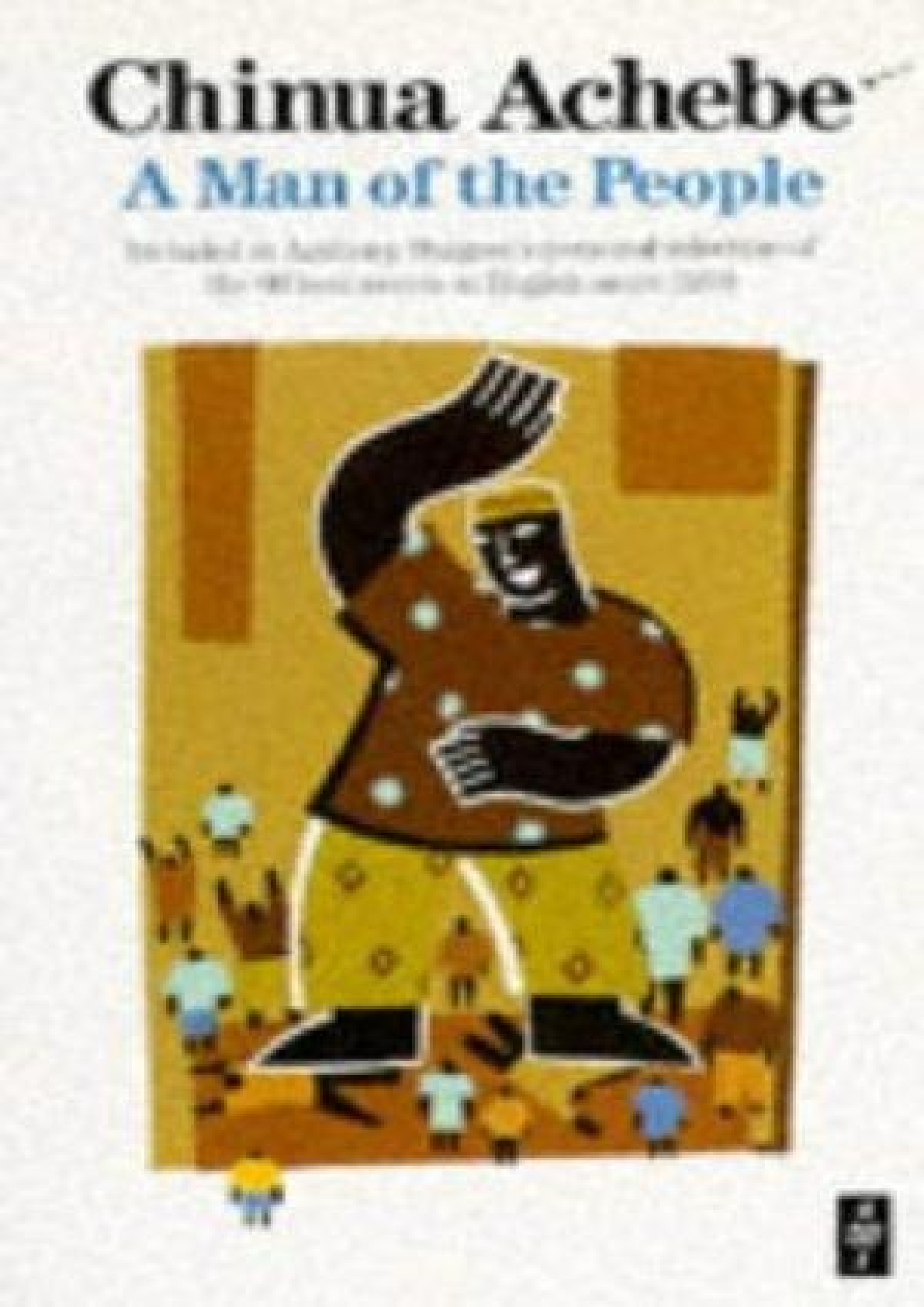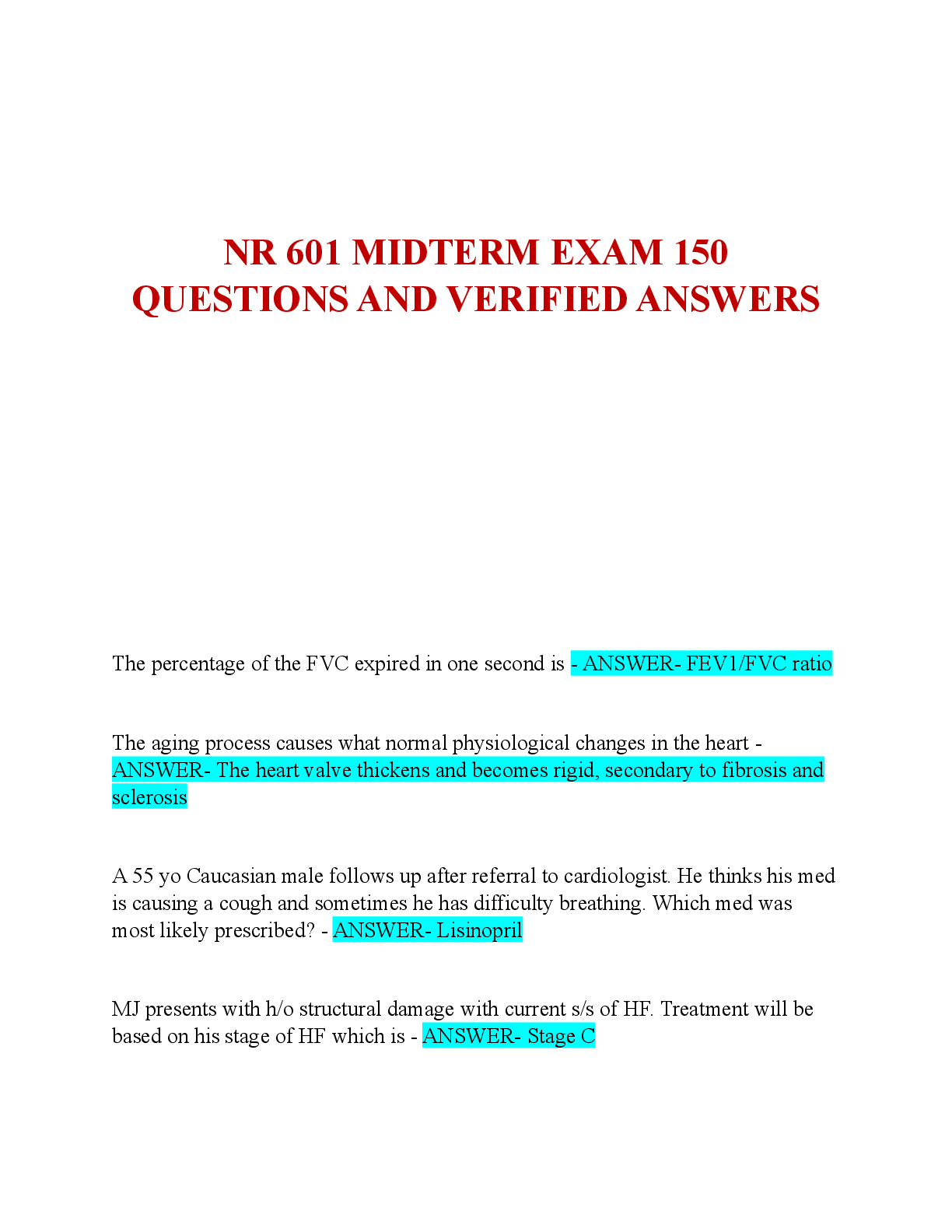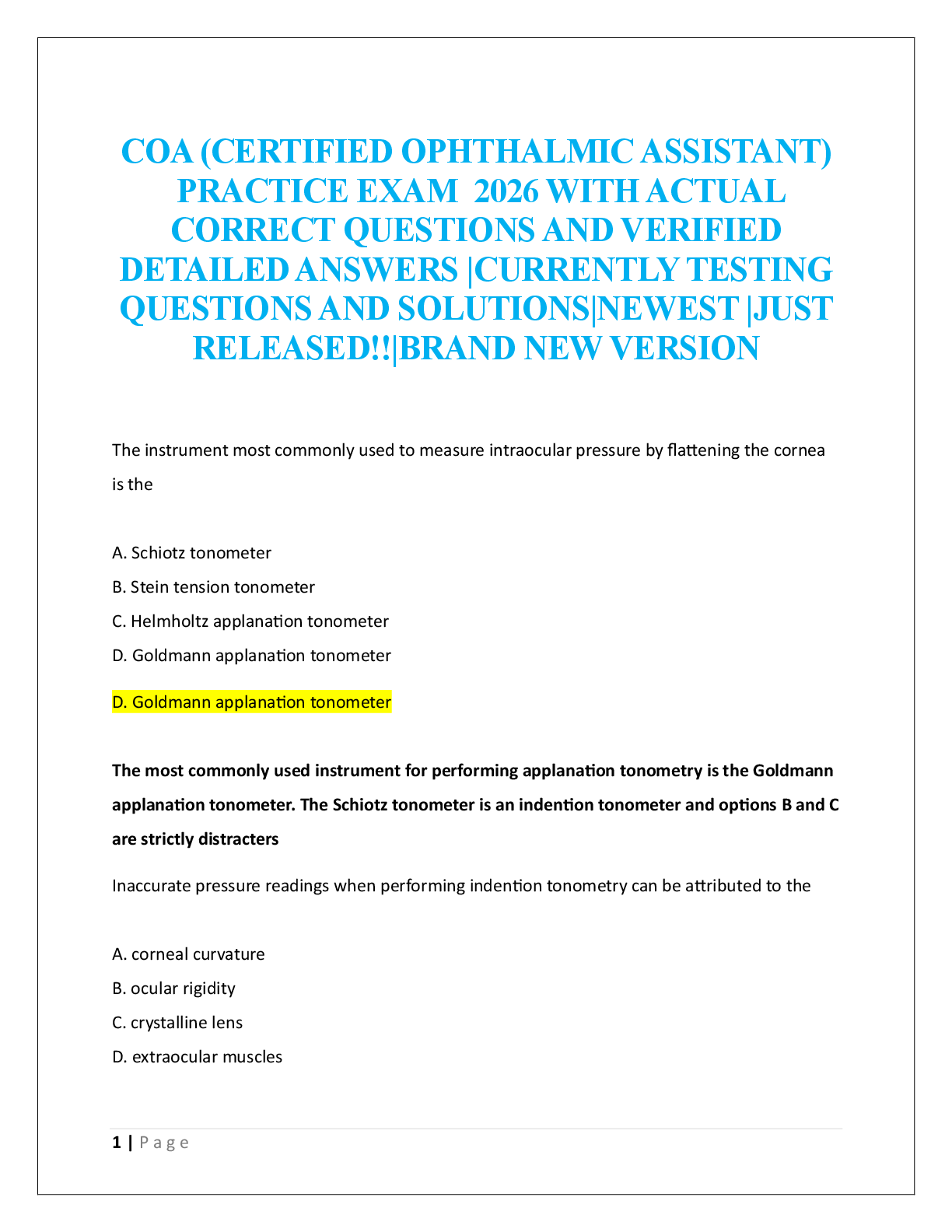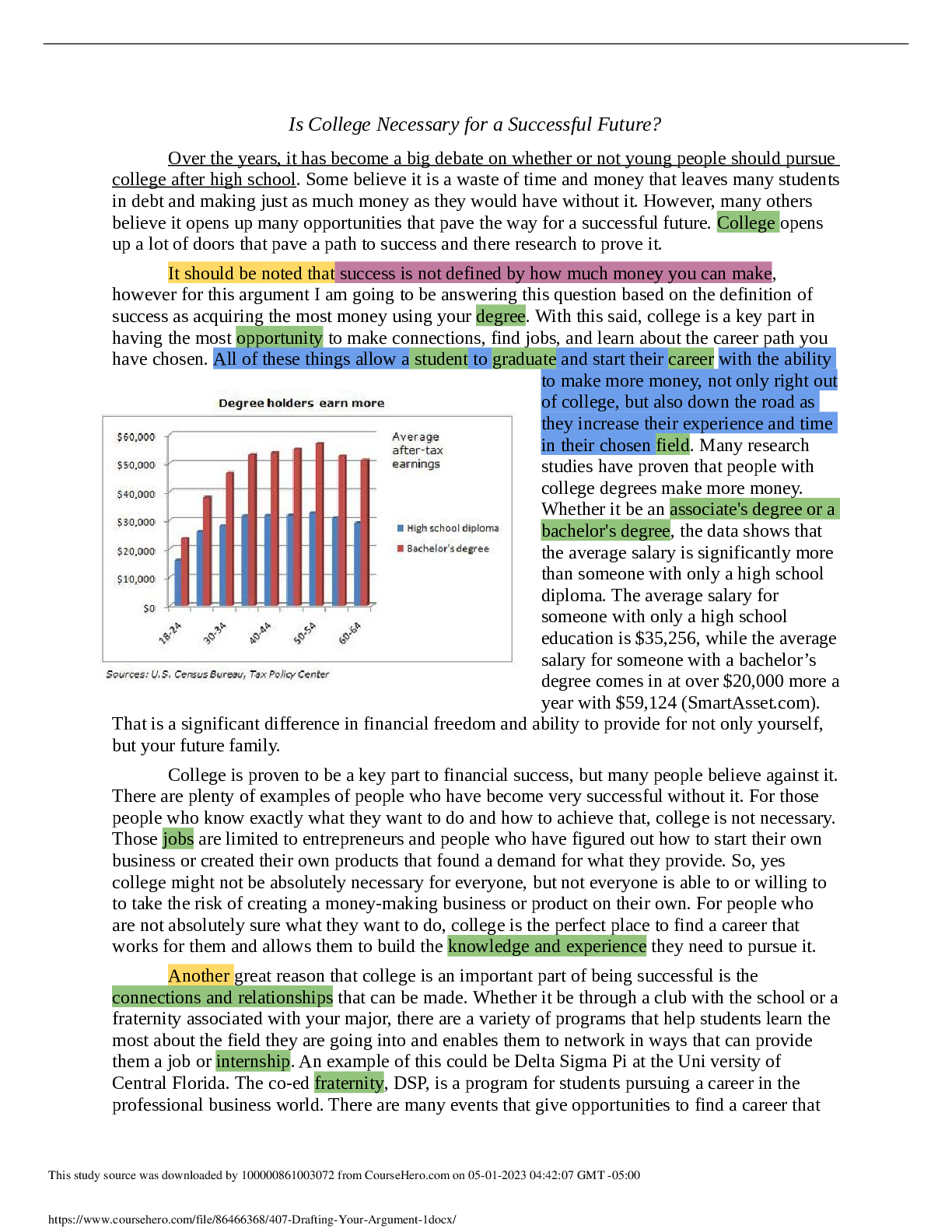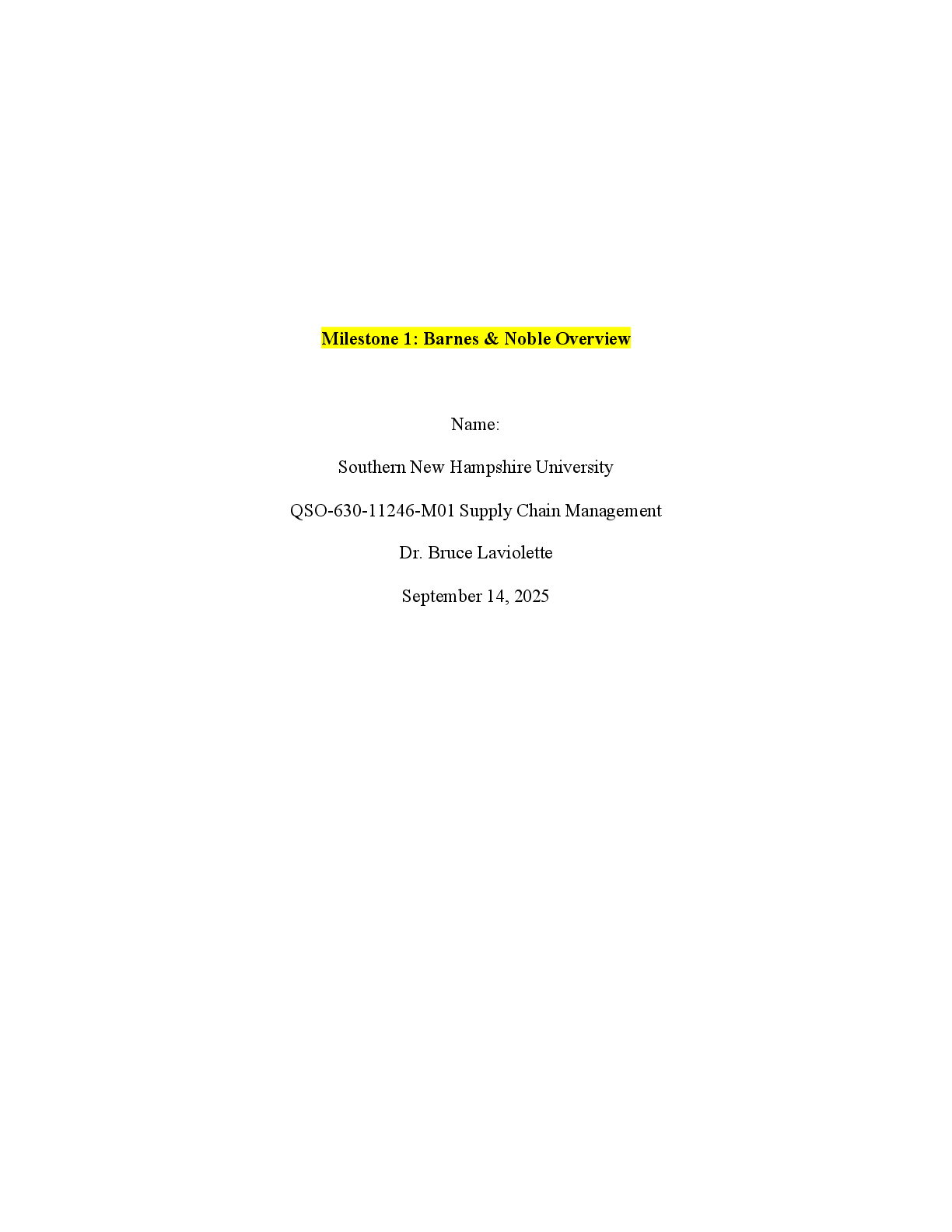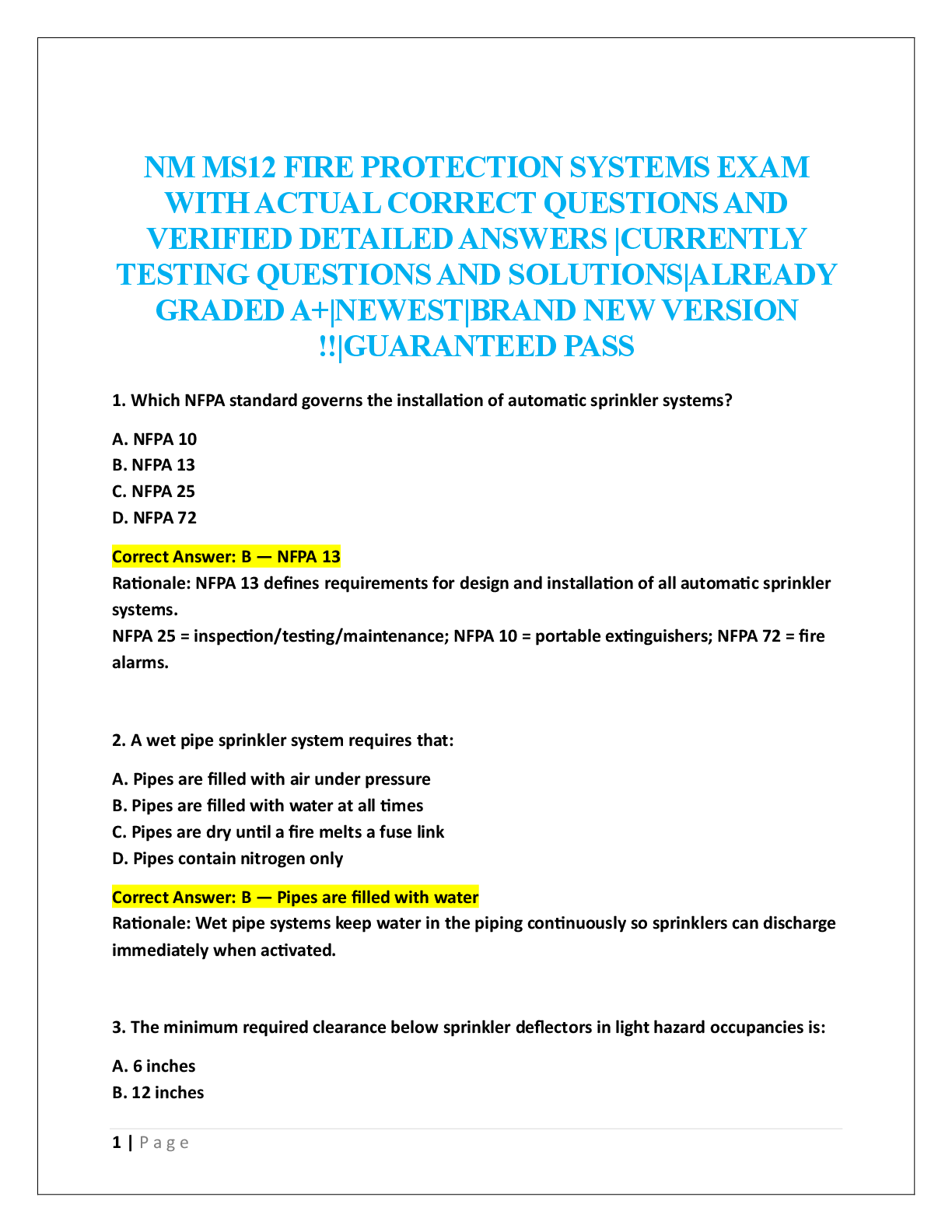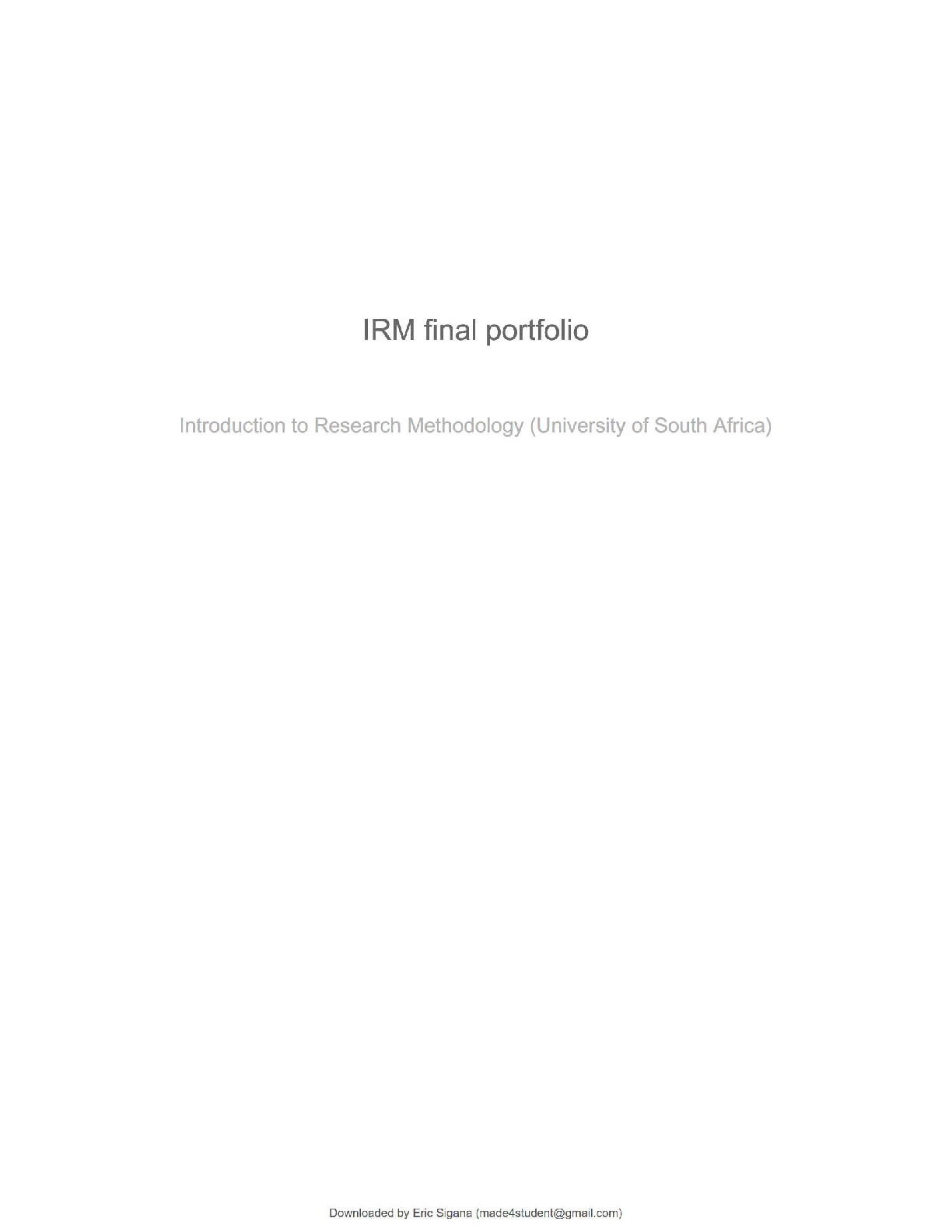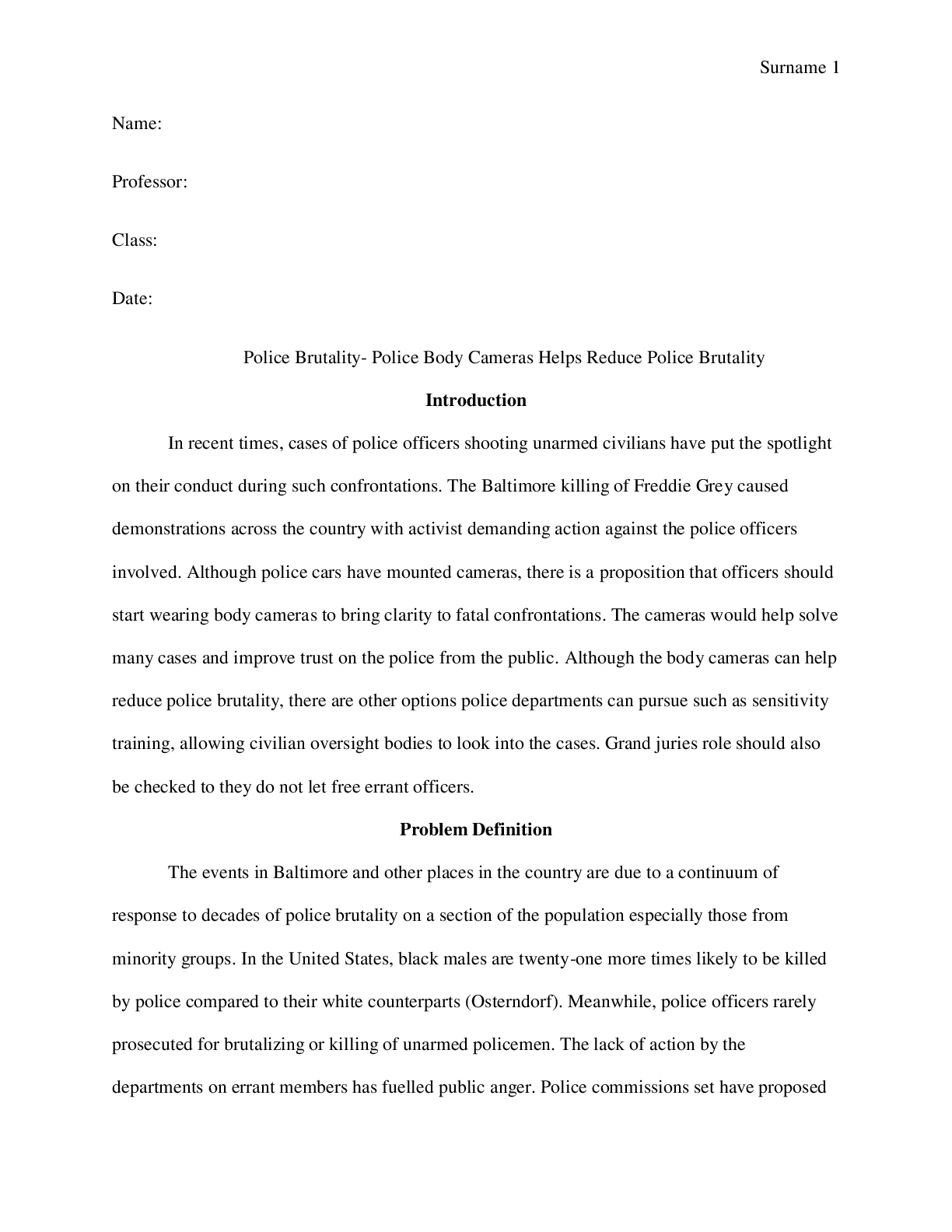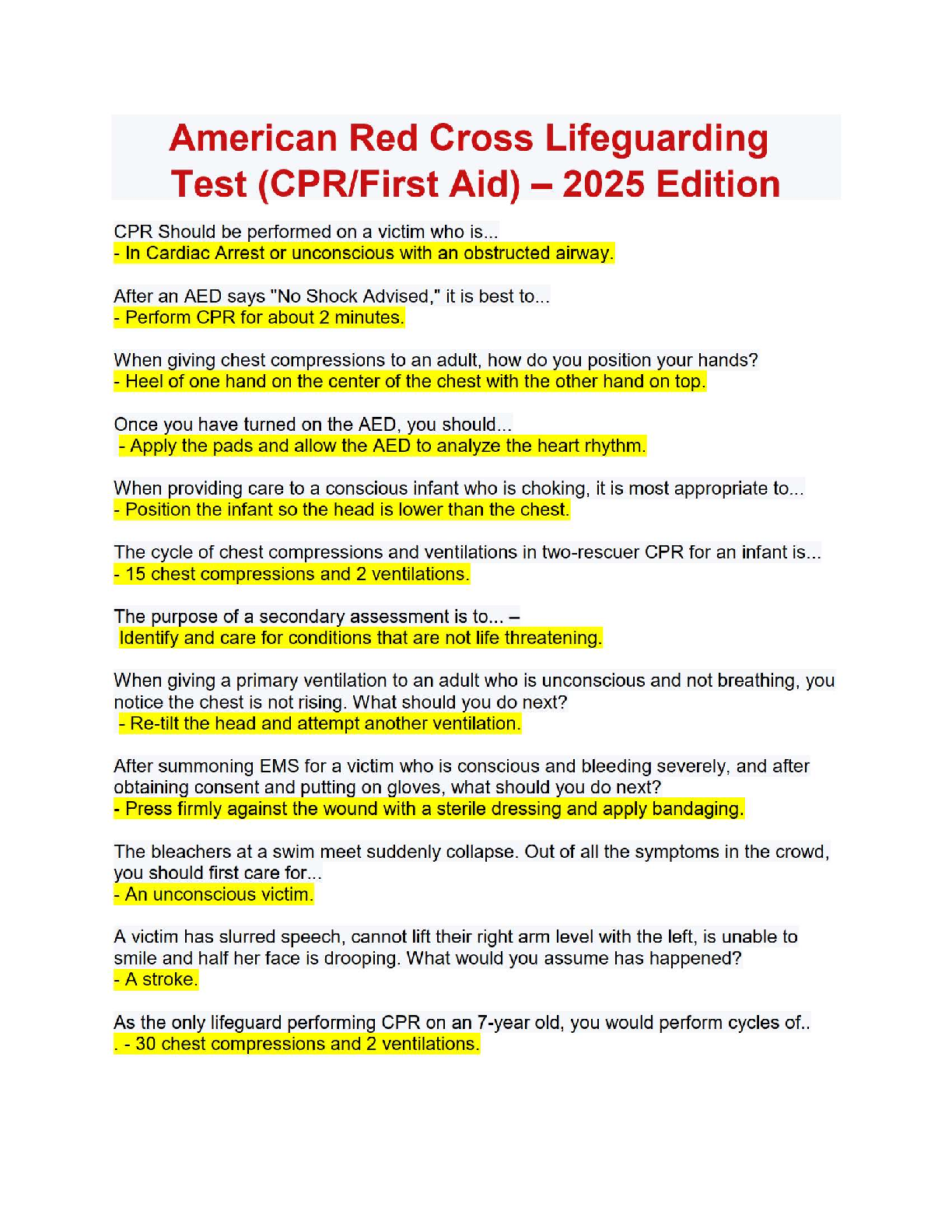Intention: Actively apply HD205 course concepts to your life. Increase awareness of how you are incorporating the communication and life skill materials.
The Johari Window is a model that we use to understand and fra
...
Intention: Actively apply HD205 course concepts to your life. Increase awareness of how you are incorporating the communication and life skill materials.
The Johari Window is a model that we use to understand and frame some of the important skills explored in HD205, including self-disclosure, feedback, self-awareness and self-management. The ultimate goal of using this model is to appropriately enlarge the open area by disclosing information or asking for feedback. Remember that the open pane includes all information known to self and known to others. When we expand our open pane and decrease our hidden and blind panes, this allows us to make deeper connections with those around us and we will be more productive, cooperative, and effective when working together. People who have a large open pane are usually easier to talk to, practice open and honest communication and get along well with others.
Part 1 – Focus on Decreasing the Hidden Pane or the Blind Pane: The purpose of this stretch is for you to mindfully expand the open area of your Johari Window and thereby skillfully shrink the blind or hidden panes. You have the option to choose either the hidden or blind pane as an area in which you wish work.
• If you wish to expand your open pane by decreasing your hidden pane, this is done through self-disclosure to another person. Find someone in your life that you know and trust and tell them something that you typically keep hidden. Expansion could be through sharing one of your deepest dreams, life goals, fears, challenges or aspirations. Really it is sharing anything about yourself with someone who doesn’t already know those stories. Remember to moderate your level of self-disclosure to a level that is appropriate for the relationship and the environment; you are at choice about the appropriate level of disclosure. Make the stretch meaningful and powerful by choosing someone to work with that deserves to know more about you.
• The open pane also expands into the blind pane whenever we receive feedback about ourselves about something we were previously unaware of. This can be done by asking someone about their observations of you. If you choose to expand your open pane through decreasing your blind pane, please find someone in your life that you know and trust and ask them for feedback about some aspect of yourself. This could be about your contribution to a work team, class project, study group or living situation. It could be about how you show up in a personal or professional relationship. You could choose to speak with a parent, sibling or professor or someone else. You may be interested in knowing what someone notices about your communication style, your unconscious patterns, filler words that you habitually use, or the positive and not-so-positive ways you interact around people. Choose someone that you really value their opinion and ask them about their perspective on some area of your life that is important for you to gain information about. When asking for feedback, use the active listening skills that have been previously discussed in class. This should be meaningful conversation rather than a quick “drive-by” feedback session.
Part 2 – Stretch Reflection: Please spend time reflecting on the questions below and answer each of the following prompts. A recommendation is that the length of your responses should be approximately 500 – 600 words in length, total.
Prompts:
1. In your own words define and describe the four panes of the Johari Window.
2. During this stretch, which pane did you choose to decrease? Describe your experience during the stretch and how it relates to that specific pane.
3. From the six principles of ACT (expansion, defusion, observer self, connection, committed action, and values), which one(s) supported you in expanding your open pane? How specifically did you implement this principle during the stretch and how did practicing this concept assist you?
[Show More]





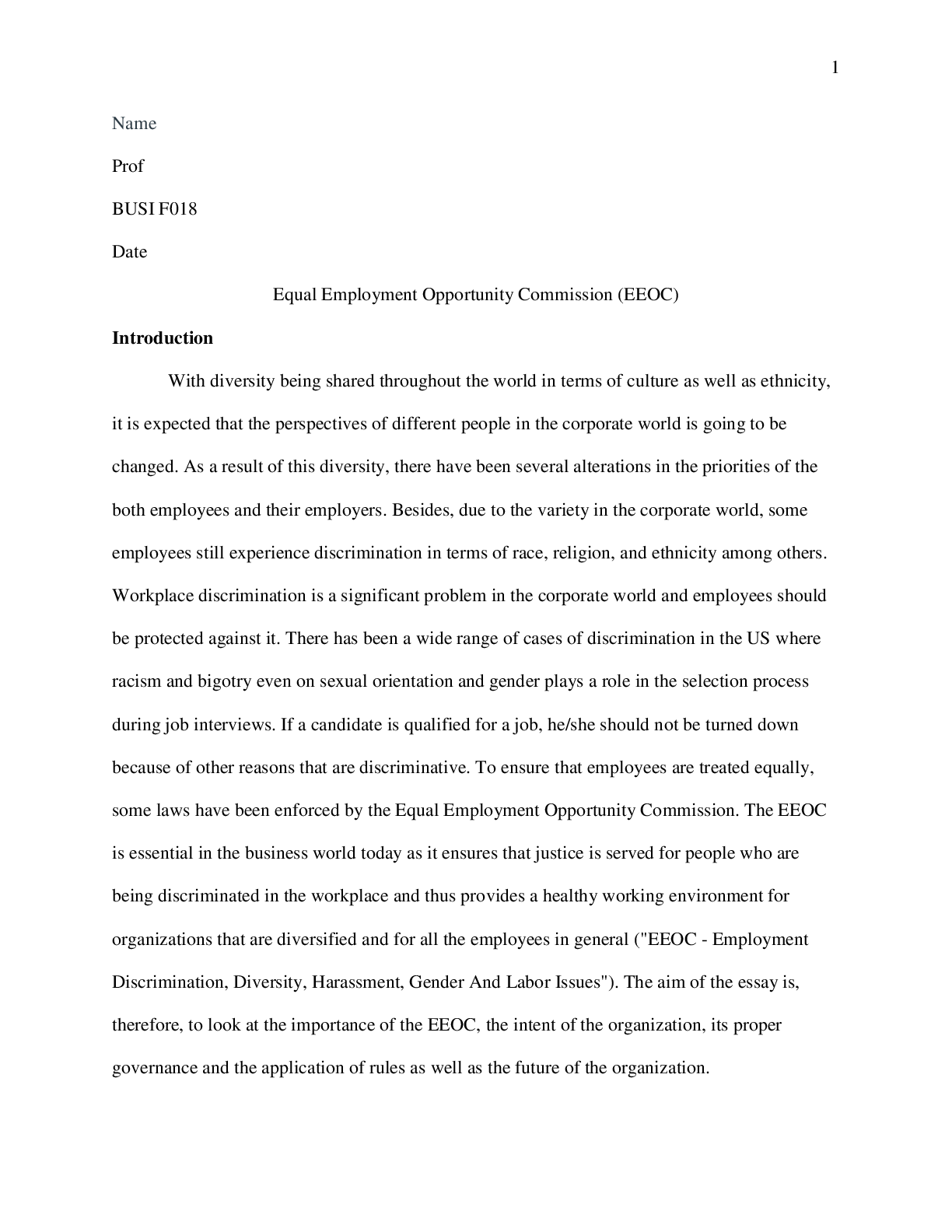
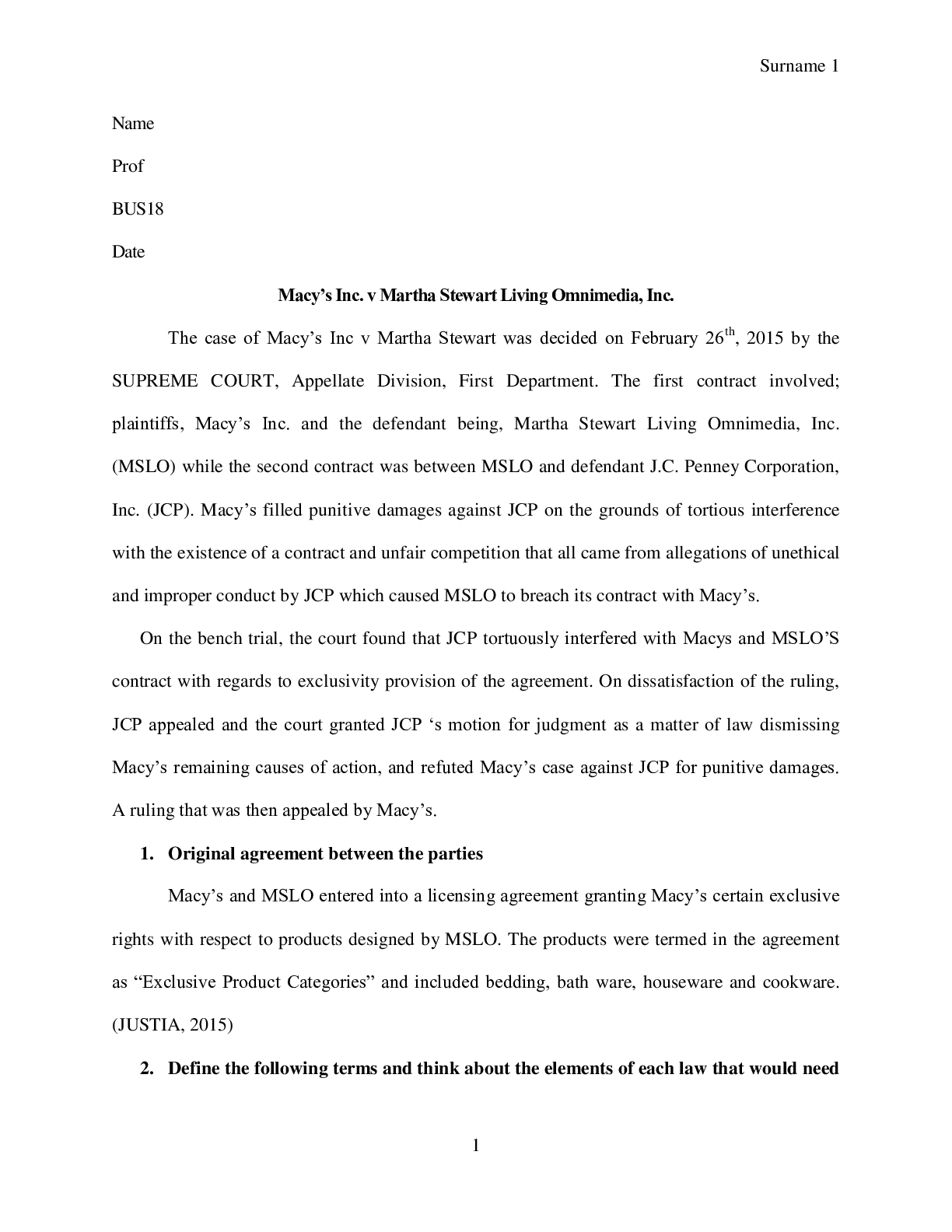

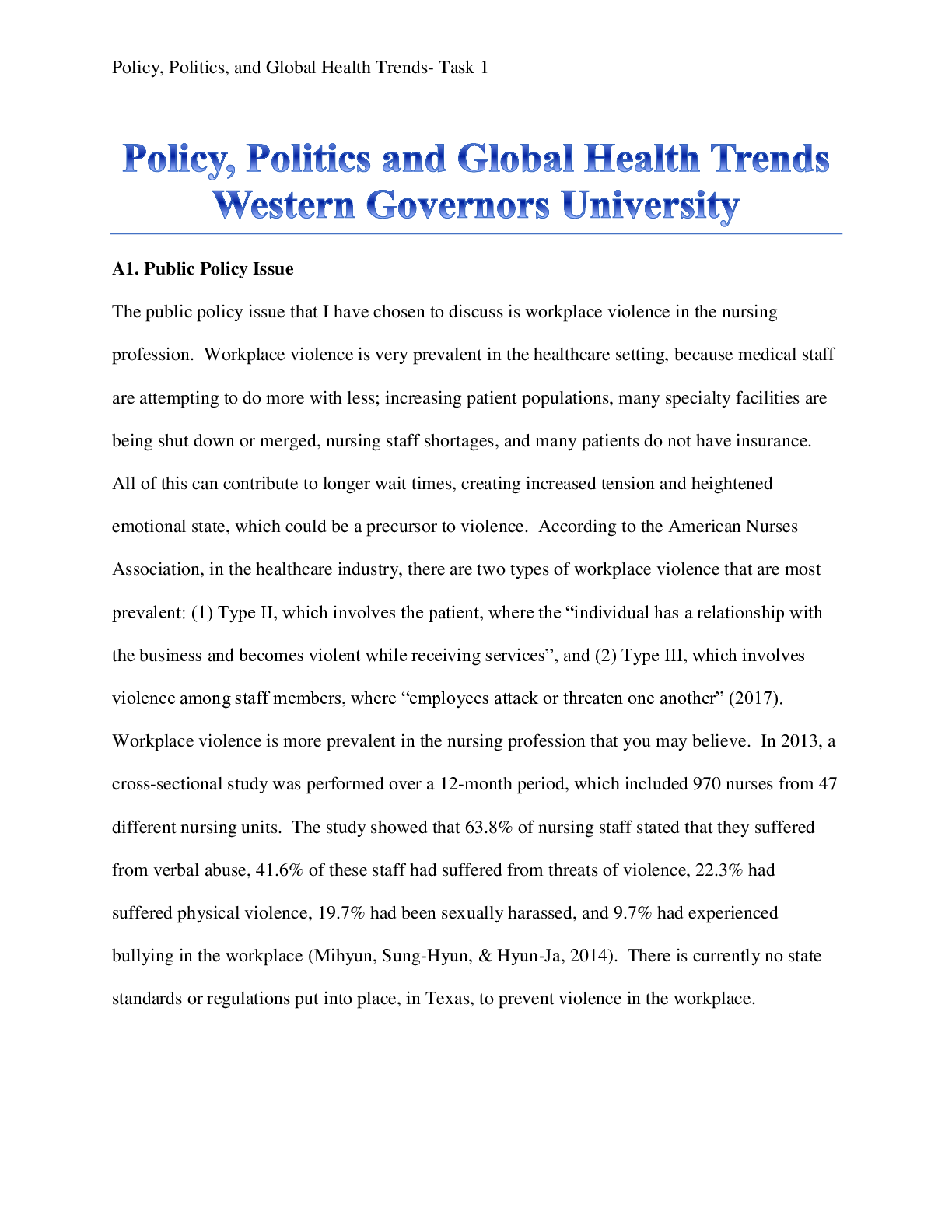
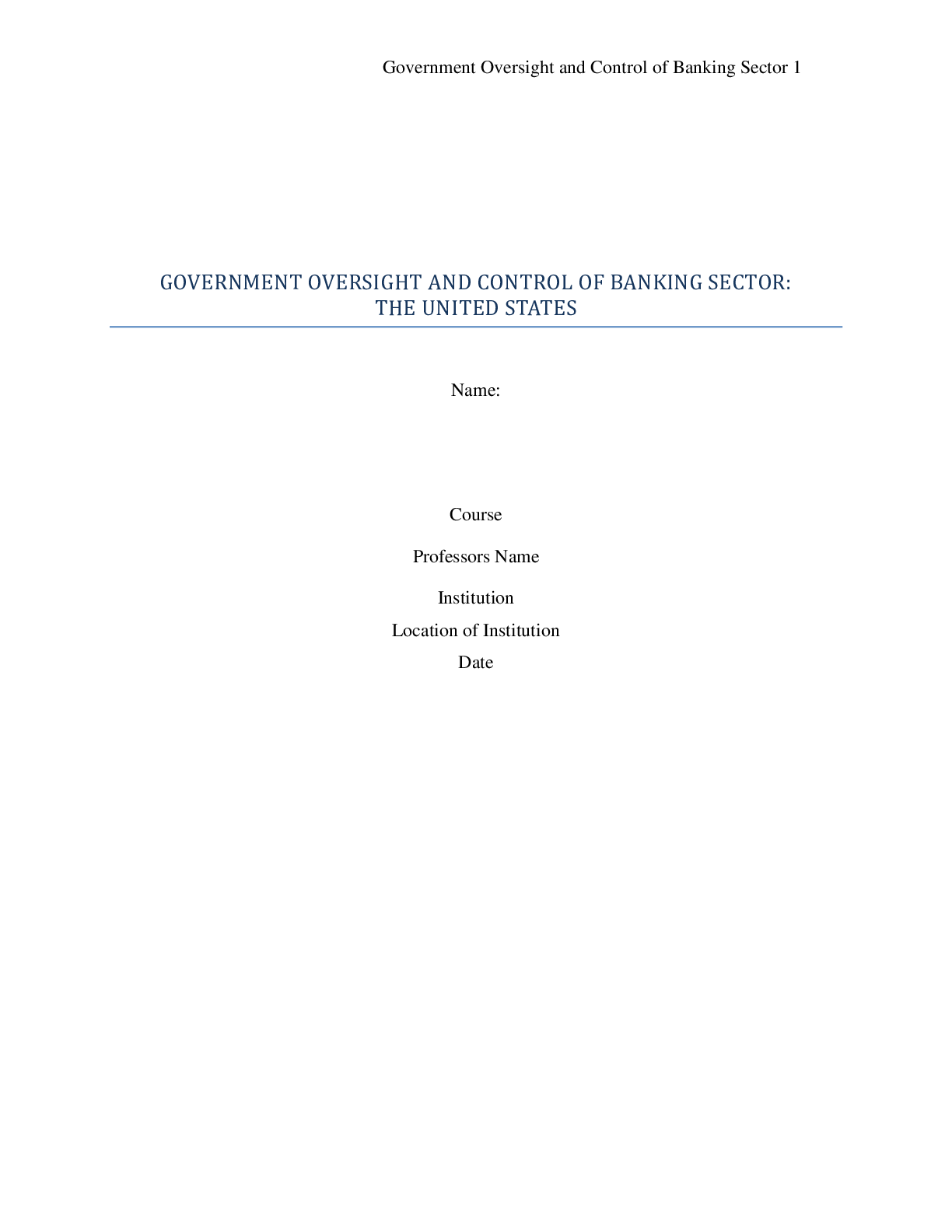
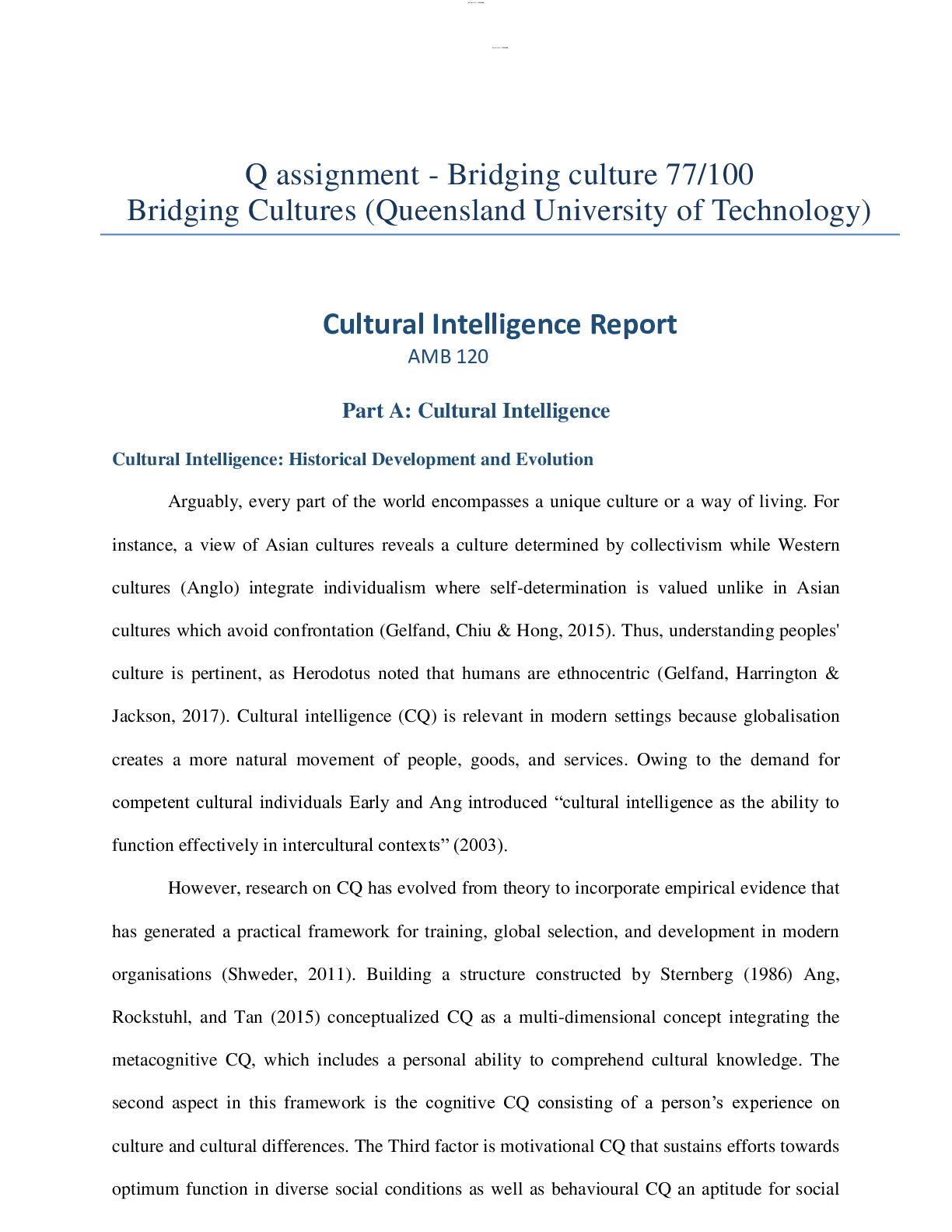



.png)
